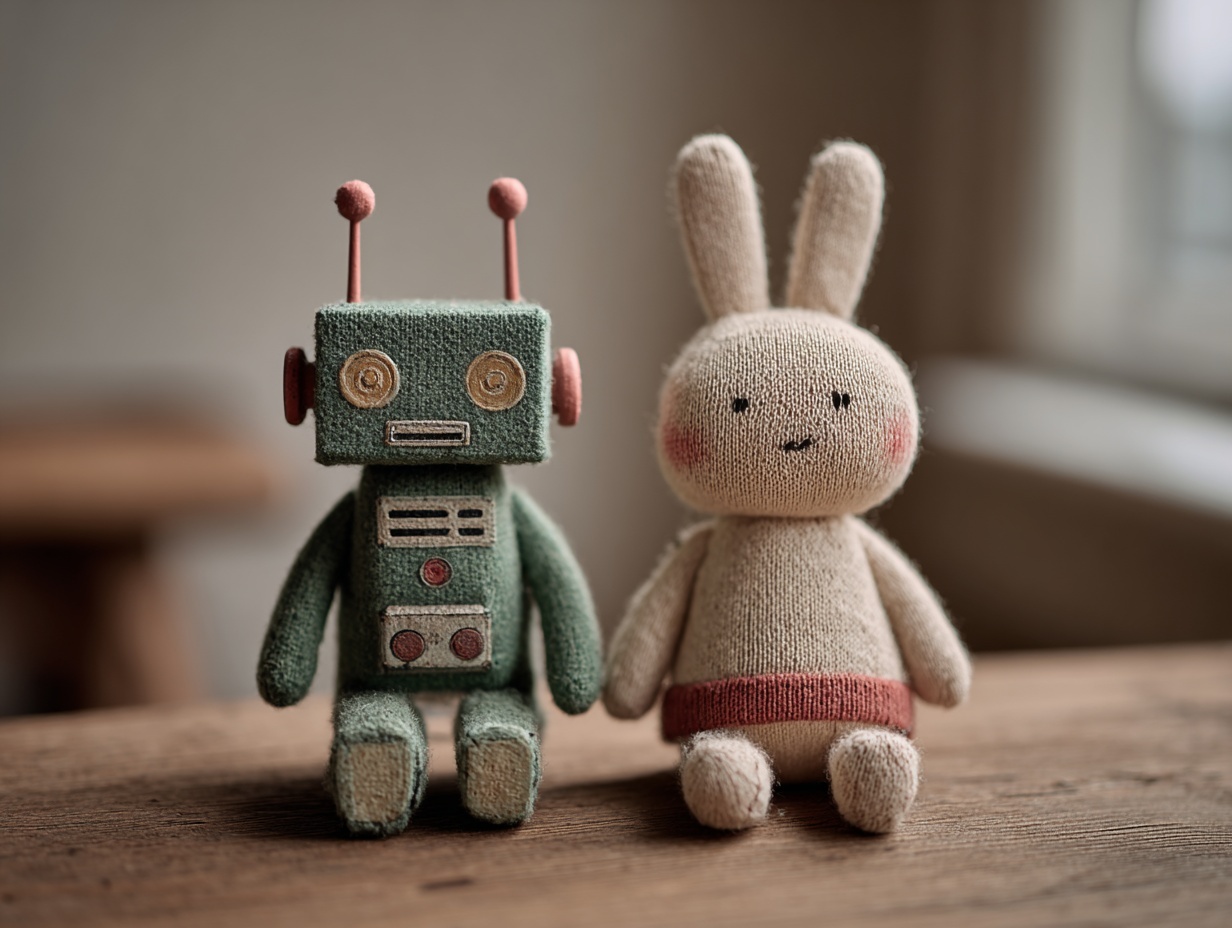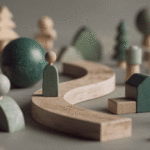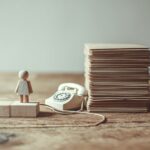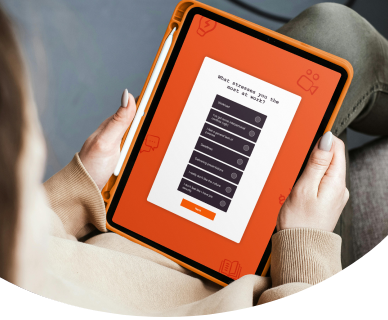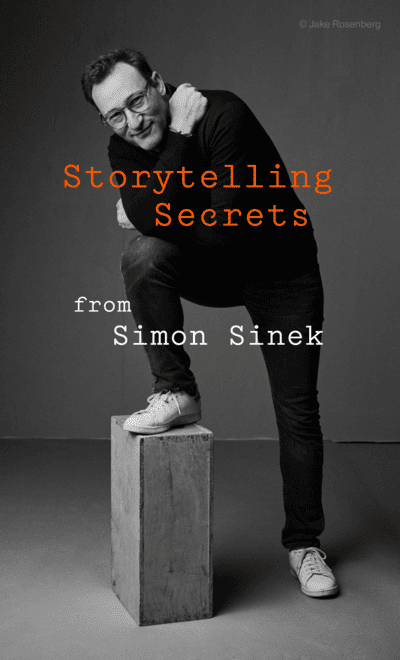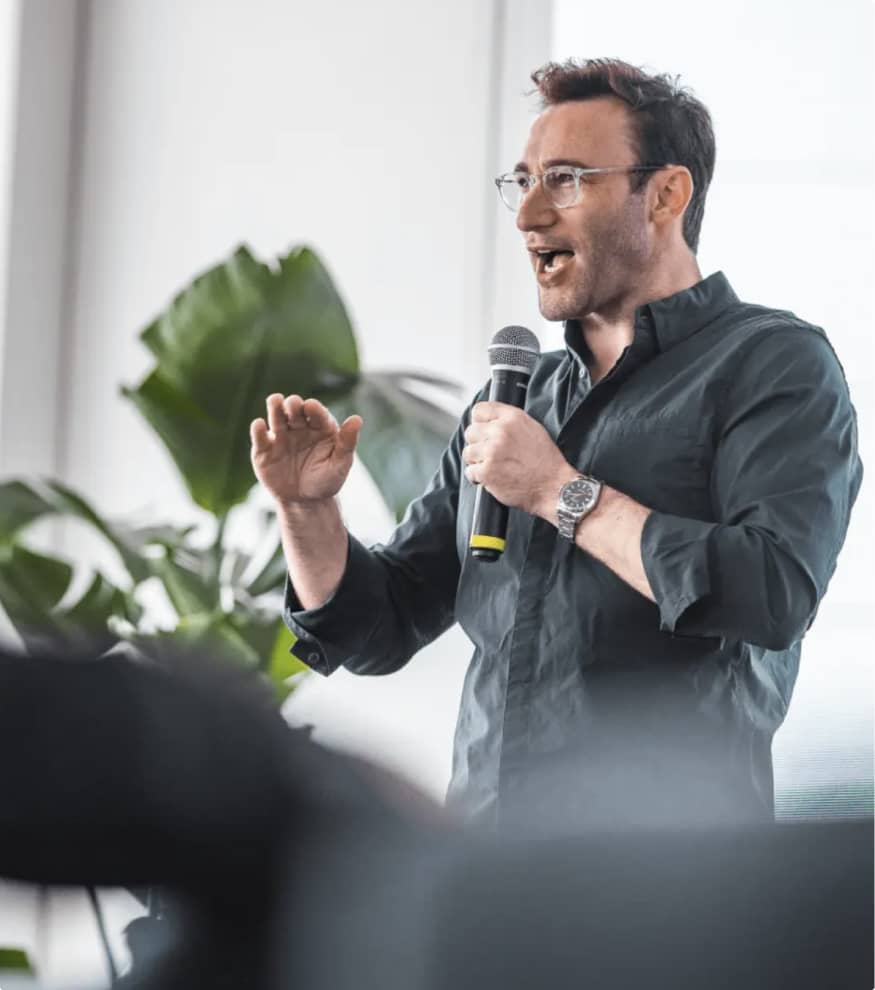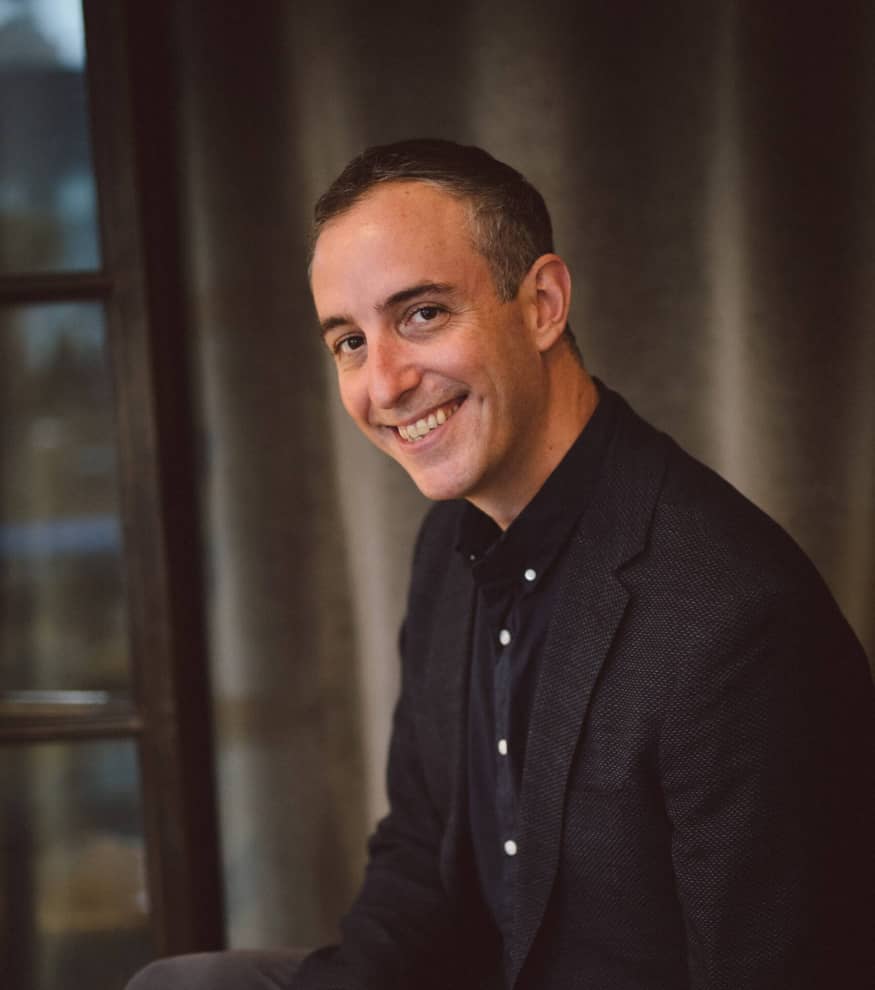Here’s something worth celebrating: the richest, most meaningful friendships in your life probably aren’t with people who are just like you.
Think about it. Your closest friend, the one who really gets you, is probably someone who drives you a little crazy sometimes. Who sees the world completely differently. Who makes you laugh at yourself. Who pushes you to be better without even trying.
And that’s not a coincidence. That’s the magic of friendship.
We live in a world designed to surround us with sameness. Algorithms show us more of what we already like. We gravitate toward people who think like us, laugh at the same jokes, share our worldview. It’s comfortable. It’s validating. It’s easy.
But easy doesn’t make us grow. And comfortable doesn’t make us come alive.
The best friendships? They happen when we stop looking for people who are just like us and start getting curious about people who aren’t.
The Friend Who Changed Everything
Swedish author Fredrik Backman knows this better than most. On a recent episode of A Bit of Optimism, the bestselling author of A Man Called Ove and Anxious People shared the story of a friendship that changed his life. A 30-year friendship built not on common ground, but on profound difference.
Backman’s best friend Riyadh couldn’t be more different from him. Fredrik is introverted and academic. Riyadh is extroverted and practical. Fredrik avoids people. Riyadh loves them. Fredrik gets lost in his head. Riyadh leads with natural charisma.
They’re opposites in almost every way that matters.
And yet, for over three decades, this unlikely pairing has been one of the most important relationships in both their lives.
“I was fortunate in the way that I stumbled upon people early on in my life that were very different from me,” Backman said. “And I found out very quickly that that was a good thing for me. I needed people who were not like me so that I could look at their best qualities and strive for them.”
Here’s the beautiful thing he learned: the people who annoy us most are often reflections of ourselves.
Backman once complained about how irritating certain people were at airports. His wife and kids were quick to point out the uncomfortable truth: “That’s how you are when you’re having a bad day. That’s how you are when you’re annoyed by something.”
When we only befriend people like us, we create an echo chamber that reinforces our existing patterns, both good and bad. We miss opportunities to grow, to be challenged, to see our blind spots through fresh eyes.
“If you hang out with people who are very different from you, you kind of learn how to make jokes about how different you are,” Backman explained. “You understand the way that you are different from the people around you.”
And perhaps most importantly: “You’re never bored.”
The Work of Understanding (And Why It’s Worth It)
Now, let’s be honest. Befriending people different from you isn’t always a walk in the park. Backman is refreshingly candid about this, both with his best friend and with his wife, who he describes as “very, very, very different” from him.
“We disagree a lot,” he admitted. “She’s way more extroverted. Very different people. We like different things.”
But the work required to bridge those differences creates something stronger than easy compatibility ever could.
Backman and his wife developed what they call “rules of fighting.”
These are boundaries about what they couldn’t say even in heated moments, because some words do damage that can’t be undone. After every argument, they’d spend hours talking through what happened, what hurt, what worked, and what needed to change.
“The work is not on the relationship,” Backman said. “The work is on you. I have to work on who I am, communicating better, explaining my feelings better, understanding me better so that I can explain myself better.”
This applies just as much to friendships. When we befriend people unlike us, we can’t coast on assumed understanding. We have to articulate our feelings, question our assumptions, and genuinely try to see through another person’s eyes.
That effort, that work on ourselves, makes us better people. And that’s a gift.
How to Find Your Unlikely Friends
If you’re wondering how to put this into practice, Backman’s advice is refreshingly simple: stop looking for people like you.
“Don’t go looking for the ones that you have the most in common with,” he said. “Go look for the ones who are different.”
This might mean:
- Striking up a conversation with the colleague whose approach to work baffles you
- Accepting an invitation from the neighbor who seems to run on a completely different frequency
- Joining a group or class where you’ll be the outsider, not the insider
- Staying curious about the friend of a friend who challenges your perspectives
It also means resisting the algorithms. Social media wants to show you more of what you already like. Dating apps want to match you with people who check your boxes. Even our neighborhoods and workplaces can become echo chambers if we’re not careful.
The best friendships, Backman suggests, aren’t found through optimization. They’re stumbled upon through openness.
Choose to Be the Friend You Want
When Backman described his friendships as “lucky,” Simon pushed back gently. After hearing how much work, communication, and intention went into maintaining them, Simon reframed it:
“I think the way you get one of those friends that you want is you choose to be that friend first.”
Backman became the friend he is because he chose to surround himself with people who challenged him to grow.
“The best relationships, the best marriages, the best friendships that I can think of around me are people who are very, very different from each other,” Backman observed.
Not because difference is easy. But because it’s worth it.
And in the end, those are the people you can’t imagine life without.

